‘“Deep breath”, says the doctor. I take one and hold it.’ Thus begins the fourth chapter of Ann Wroe’s Lifescapes. It is apt because, although the book is part memoir, part essay on the art of biography, it is really about the breath of life itself. Wroe’s writing is intense and visionary, at times almost ecstatic. Reader, dive in.
Wroe has written weekly obituaries for the Economist for 20 years, seeking out seemingly ephemeral moments that unlock people’s lives. ‘Time and again,’ she says, ‘some incident in childhood is the key to a career.’ The composer Karlheinz Stockhausen was delighted by the sound his toy hammer made on pipes and buckets at his family’s farm. Thich Nhat Hanh, the father of ‘mindfulness’, was startled into a sense of nowness by ‘a draught of water from a natural well’.
In Lifescapes it is fragments of other lives that dominate, particularly at first. Just as the photographer Richard Avedon’s autobiography comprised 300 of his own images, so Wroe cites innumerable life stories, including more than 40 of her obituaries. Biography writing seems for her to be a process of identification, perhaps even of projection. Holding a letter signed by Perkin Warbeck, one of her subjects, gives her ‘a thrill, like a caught breath… [from] the thought that his hand and wrist… had moved across the paper where… I moved mine’.
The book is a mosaic of such moments, of epiphanies and snatches of conversation, of caught breaths. Indeed it is divided into two sections, ‘Outbreath’ and ‘Inbreath’, the former considering how we express our intimate self, the latter more concerned with what that self comprises. But really it is the organising metaphor that matters, not the organisation itself.
Where is Wroe in this? Some might say nowhere; she, I think, would say everywhere. Our selves are both ‘little islands of singularity’ and, like the oceanic oneness of which we are part, something protean and various, porous and dissoluble. Lifescapes has some of the intensity of a spiritual autobiography, except there is no key moment of revelation. God is rarely mentioned, but the spirit that Wroe calls breath – apotheosised in her poems, of which there are many here, as ‘the Breath’ or ‘the summoning Breath’ – is everywhere, a ‘breathing force… not personalised… simple being, focused power, like the flow of water or air’.
One inspiration is Rilke. Wroe paraphrases a diary entry of his, describing how, in the wind, birds on the wing and the trees’ topmost branches seemed absorbed in a power beyond themselves. ‘They rode on the inbreath,’ she adds. There is, too, the memory of her mother’s ‘crisp in-and-out breath… when shocked, but also when delighted’. One of the many terrors of Covid was that it ‘taught us to fear breathing’.
Lifescapes is only occasionally a memoir. We learn a little of Wroe’s childhood – ‘a world of fixed grown-up limits, but also a universe of marvels’ – and visits to the Kentish countryside. She writes with characteristic perception and clarity about childbirth, of feeling ‘life at its most commanding and most implacable’, of being ‘involved… in something illimitably far beyond myself; an enterprise that depended on me… of which even the stars were somehow curiously aware’. The death of her husband is only glanced at; some griefs are too bright to gaze on directly, perhaps.
She is deeply attracted to that sense of illimitable power coursing through the matter of life, but she is fearful of the instability and self-obliteration inherent in it. She relates one intense memory of a ‘rain-soaked lilac bush in a Hampstead garden into which I plunged my face once on a whim, only to find myself bathed in a scent that was overwhelming, strong as love, and as demanding’. She takes refuge in flight, ‘running from a sudden encounter with more life than I could bear’. She experiences terror in the ecstasy; she is drawn, but she retreats.
This self-restraint is key to Wroe’s strengths as a writer, to the quiet, cool mysticism at work in her thought. She refers in passing to those whose souls have ‘been ripped out, suppressed, as I suppressed mine’, but the tension between the two forces – the one that limits and the one that marvels – might have been explored further. Here and there we glimpse an inexplicably punishing sense of insufficiency. Out hill-walking she feels ‘obliged… to add actual music to creation’, but finds her throat too tight and embarrassed to sing. Failure, she calls it. But not the least remarkable thing about Lifescapes is that Wroe should feel so mute and incapable when her voice, her writing, already add such consonance, such alert and graceful rapture, to the music of the world.
Got something to add? Join the discussion and comment below.
Get 10 issues for just $10
Subscribe to The Spectator Australia today for the next 10 magazine issues, plus full online access, for just $10.
You might disagree with half of it, but you’ll enjoy reading all of it. Try your first month for free, then just $2 a week for the remainder of your first year.

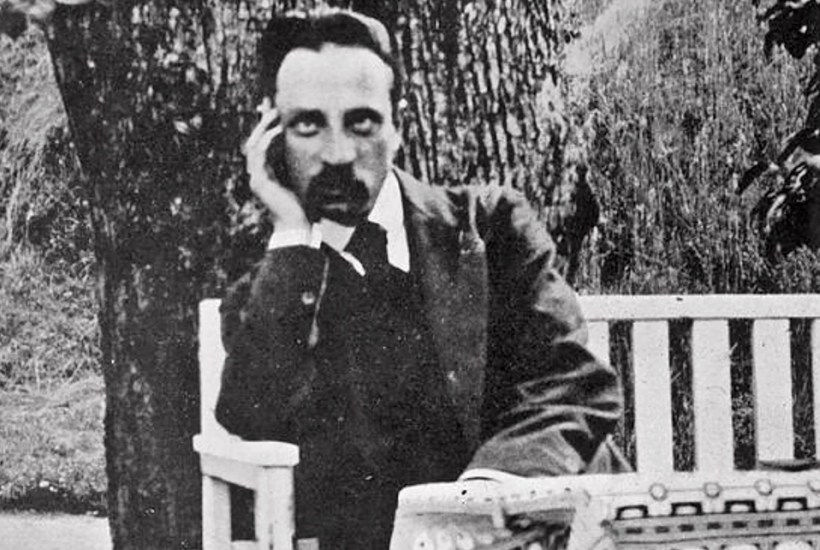

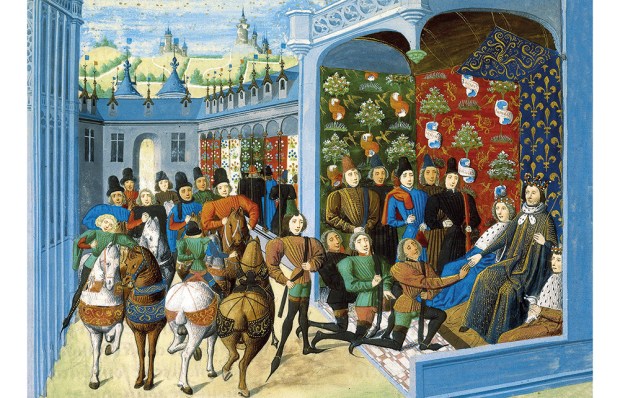
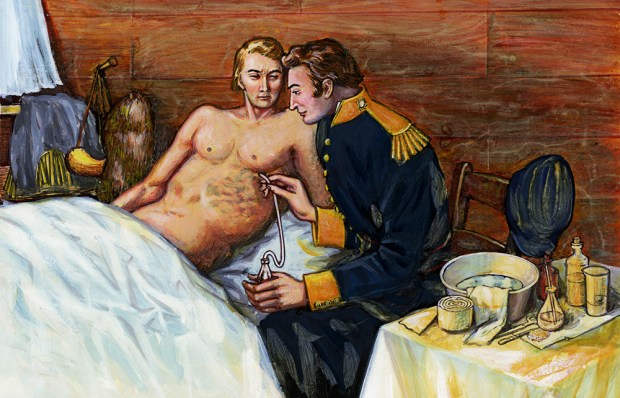

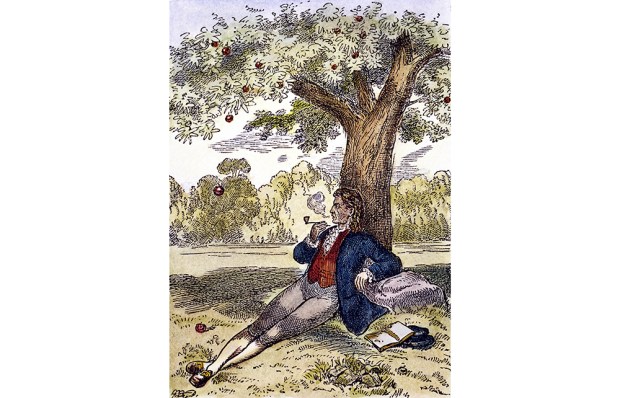
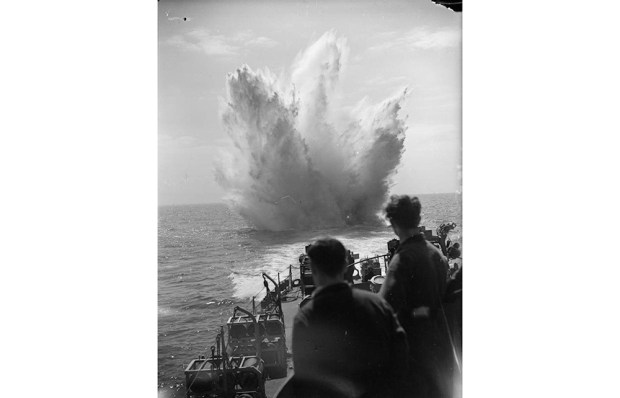






Comments
Don't miss out
Join the conversation with other Spectator Australia readers. Subscribe to leave a comment.
SUBSCRIBEAlready a subscriber? Log in